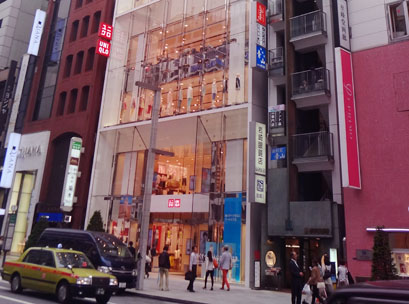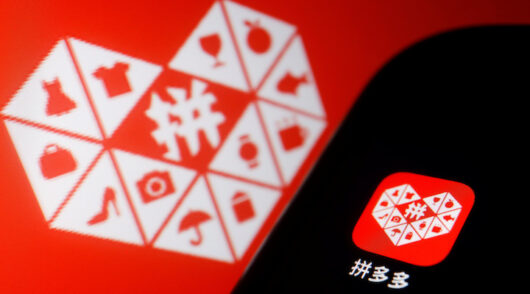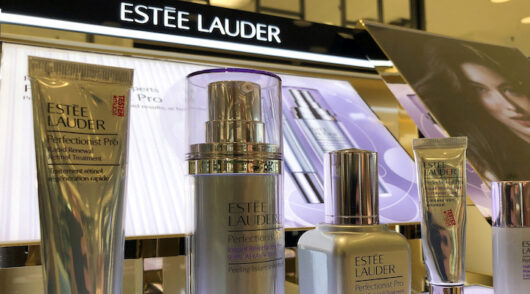When the iPhone launched around the world in 2007, stories in Western media focused on the man behind the marvel – Steve Jobs.
Not so the Japanese.
They raved instead about Jonathan Ive, the iPhone’s designer. For them, the pleasure in the product was in the way it looked and felt as much as in how it worked.
That story says a lot about the Japanese and their appreciation of both design aesthetics and fine detail. In Tokyo last week on the Westfield World Retail Study Tour, our group learned time and again that Japanese retail is often about the little things… and that they can make a big difference.
We observed the importance of detail in biscuits and pastries presented and packaged like precious jewels at leading Japanese department store Isetan, and eye-poppingly expensive mangos gift-boxed at premium fruit specialist Sun Fruits.


We witnessed it in the respect shown to customers when being welcomed into even the most democratic of value retailers like fashion brand Uniqlo.

We saw it in the simplicity of a display of white shirts at Muji, and the clean lines and elegantly understated tones of the store overall.

And we came across the results that come with poring over detail, in the knack that the Japanese have with space utilisation. One particularly good example was the little homewares showroom “plus-minus-zero”, encased in a miniature stacked shipping container on a tiny block of land.

As one Tour presenter from McCann Erickson told us, “This is a country that is based on one word – perfectionism”.
This shines through in all aspects of daily life. As pointed out to me by Tour attendee Andrew Brien, even the building sites are immaculately presented – down to the flower boxes at the entrance to one worksite we spotted.

The speakers on the Study Tour in Tokyo further reinforced the idea that God (or perhaps Buddha) is in the details.
Shoichi Miyasaka from Fast Retailing (the company behind Uniqlo) discussed the care given to the creation of the product and its presentation in store. He went on to explain, “The Fast Retailing way is rooted in important Japanese cultural elements — a passion for fine craftsmanship, an emphasis on superior customer service, and a work ethic that values diligence and teamwork”.
We also heard from legendary Tokyo interior designer Masamichi Katayama, head of Wonderwall, one of the world’s leading retail environment design companies. Katayama talked about the need to go into a project with a “pure mind”, and about the experience of working closely with Tadashi Yanai, CEO of Fast Retailing (and the richest man in Japan), who is “very detail oriented”.
The Japanese approach results in a level of precision, order and care that is often lacking in Australian retail. The Japanese see it too. According to one presenter on Tour (who shall remain nameless), when the Japanese visit our shores, they despair at the lack of quality on display.
So at a time when all Australian retailers have to compete with the world’s best, it’s time to eschew “near enough is good enough” and embrace excellence in execution.
Jon Bird is CEO of specialist retail marketing agency IdeaWorks. Email Jon. Viksit his blog: www.newretailblog.com Twitter: @thetweetailer






